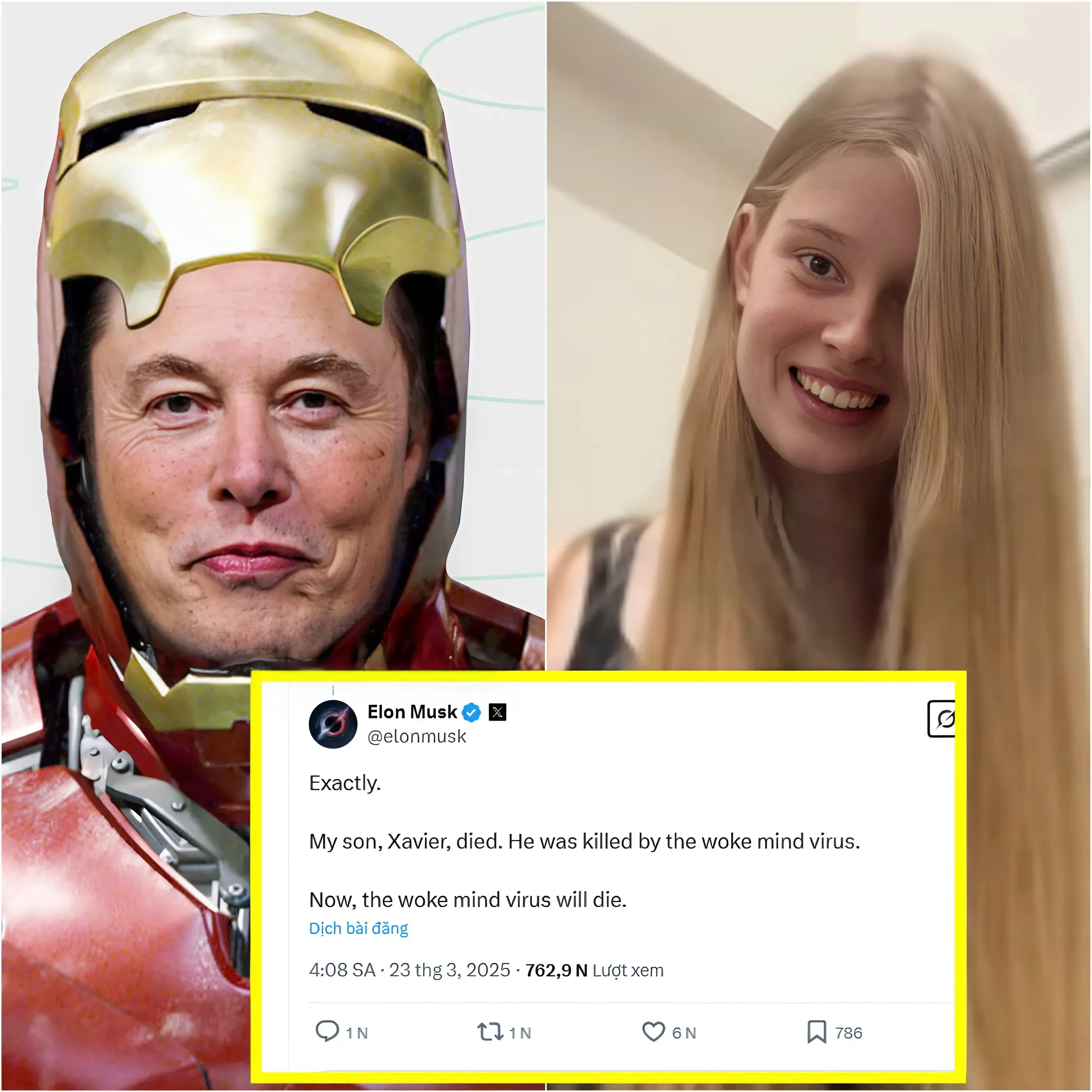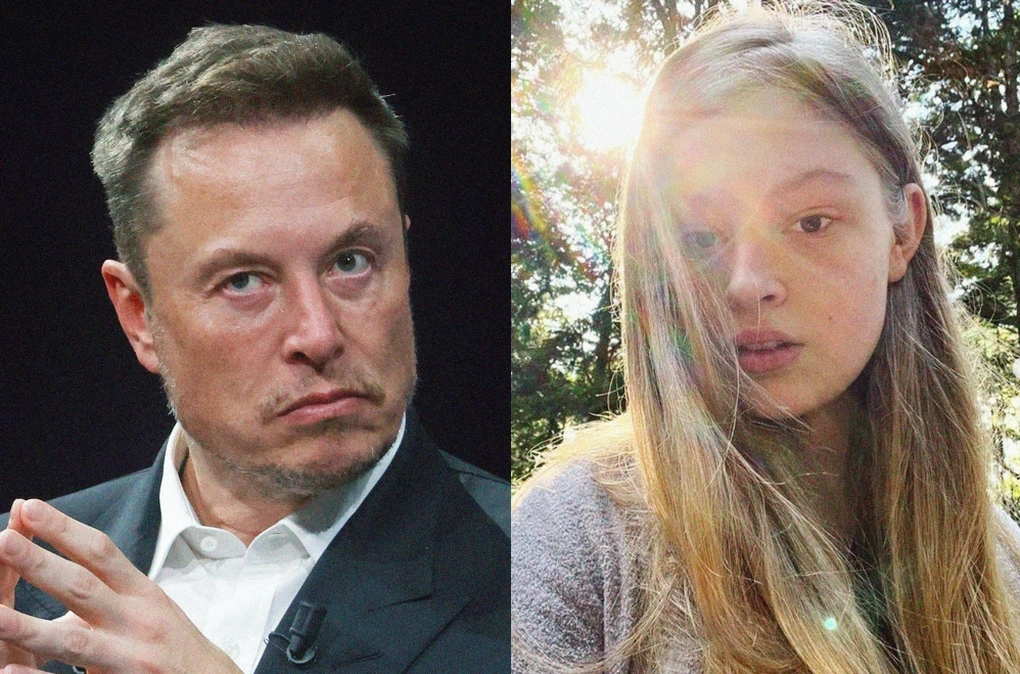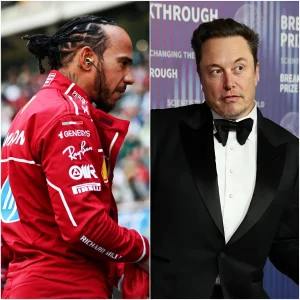My son, Xavier, died. He was killed by the woke mind virus,”
“Now, the woke mind virus will die.” the Tesla CEO stated.
Elon Musk has once again made headlines with a bold and controversial statement, claiming that his estranged son, Xavier Musk, was metaphorically “killed” by what he calls the “woke mind virus.” This latest remark from the billionaire entrepreneur has sparked intense debate across social media and news outlets, further fueling discussions about ideological divides in modern society.
Xavier Musk, who changed their name to Vivian Jenna Wilson and publicly distanced themselves from Musk, has been at the center of the rift between the Tesla CEO and progressive social movements. Musk has often criticized what he refers to as “woke culture,” blaming it for what he sees as harmful ideological extremism. His statement implies that he believes these ideologies led to the estrangement and transformation of his child, reinforcing his stance against the so-called “woke mind virus.”

The reaction to Musk’s comments has been swift and divided. Supporters of the tech mogul have echoed his concerns, arguing that progressive ideologies have negatively impacted personal relationships and societal structures. Critics, however, have condemned his words as inflammatory and dismissive of the personal choices and identities of individuals, particularly transgender people. Many have pointed out that Xavier, now Vivian, made a conscious and personal decision to separate from Musk, rejecting their father’s worldview rather than falling victim to an ideological influence.
Musk’s controversial views on progressive movements are not new. Over the past several years, he has become increasingly vocal against what he describes as “wokeism,” frequently taking to X (formerly Twitter) to challenge left-leaning social and political narratives. His critics argue that his rhetoric contributes to division and misinformation, while his followers praise him for standing against what they see as cultural overreach.
This latest statement also aligns with Musk’s broader push against political correctness and gender identity discourse. His platform, X, has become a battleground for ideological debates, often amplifying voices that challenge mainstream progressive narratives. While some view this as a commitment to free speech, others see it as a deliberate attempt to provoke controversy and maintain his influence over public discourse.
The situation between Musk and his child remains a deeply personal matter that has been thrust into the public eye d6ue to his high-profile status. For many, this incident highlights the growing ideological divide within families and society at large, raising questions about the impact of personal beliefs on relationships.
As Musk continues his crusade against what he deems the “woke mind virus,” it remains to be seen how his latest comments will shape the ongoing cultural and political discourse. Whether seen as a defender of free speech or a purveyor of divisive rhetoric, the Tesla and SpaceX CEO remains a dominant figure in the ever-evolving landscape of social and political debate.

 Christian Horner releases a shocking 6-word message after Checo Pérez officially entered into negotiations with Cadillac.
Christian Horner releases a shocking 6-word message after Checo Pérez officially entered into negotiations with Cadillac.



